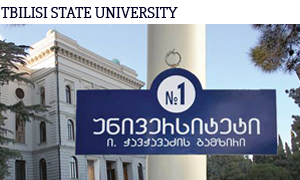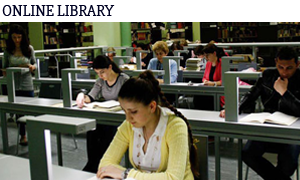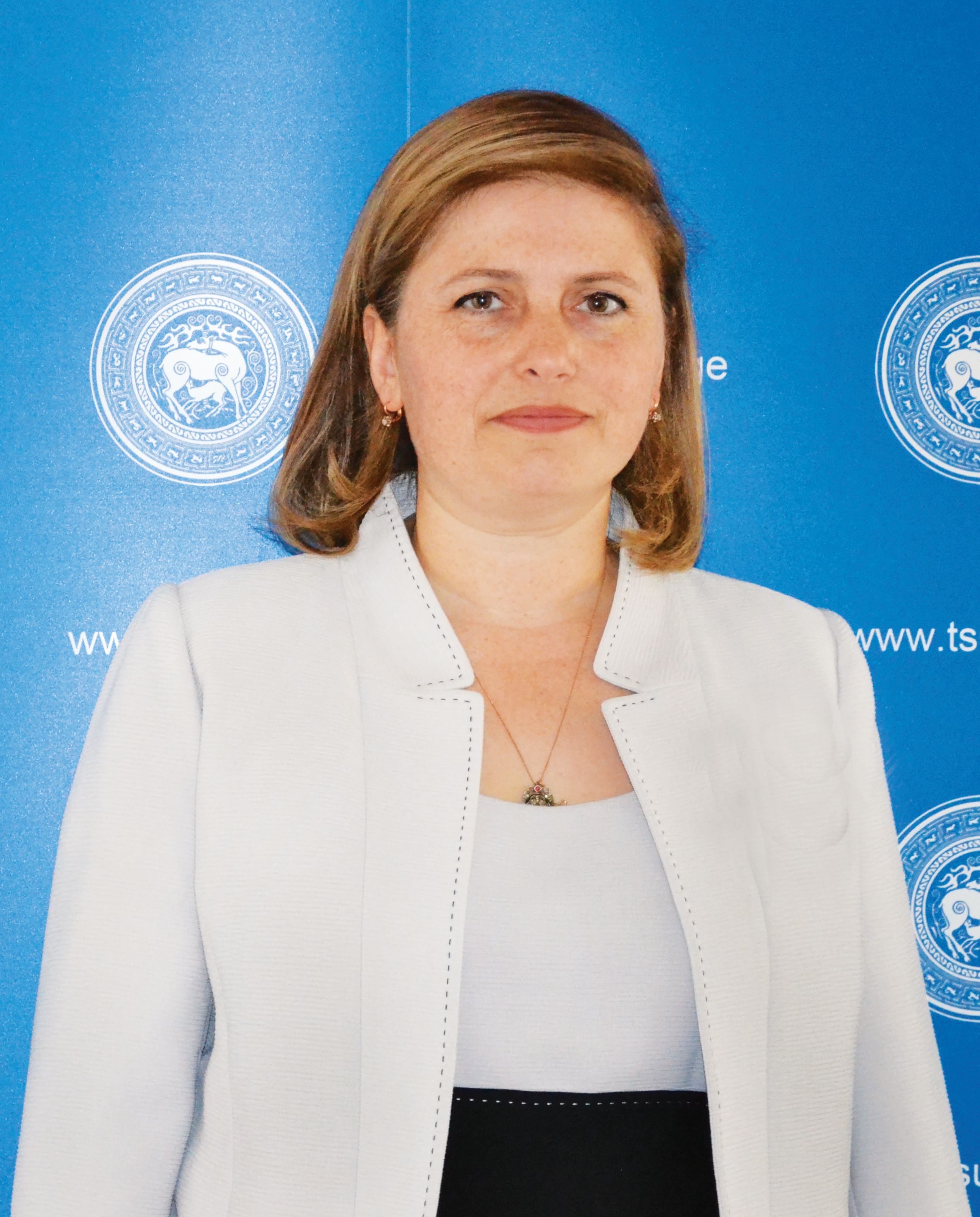
FACULTY OF EXACT AND NATURAL SCIENCES
Customs Reforms Examined by a Georgian Scientist
The University of Rome’s “Tor Vergata” School of Economics hosted a conference “Contradictions in Public Management in Volatile Times” in April 2012. Scientists from 69 counties participated and their works were published as a collection. This included a study by Rusudan Seturidze, Assistant Professor of the Department of Information Technologies in Economics and Business at the TSU Faculty of Economics and Business. The study was entitled “Reforms of the Customs System of Georgia and their Contradictions”, and it was co-authored by Eka Lekashvili, Associate Professor at the Department of Economic Policy.
The study looks at the customs system reforms implemented from 2004 to 2012. The goal of the article was to acquaint international scientific circles with Georgia’s customs reform experience – along with its achievements and contradictions. Georgia has been a member of the World Trade Organization since 2000 and today the country has one of the most liberal trade systems in the world, and is trying to achieve excellent trade and transit opportunities with partner countries.
Georgia launched reforms under extremely difficult conditions, especially following on the mistakes made in the customs system just after the country gained independence. Previously most of these practices were regulated by law. Before the reforms, legislative amendments were lobbied by different groups with the sole purpose of gaining additional preferences that served their own interests. Investors were attracted by promises for tax privileges for doubtful short-term speculative capital ventures. Various tools of large-scale corruption deals were introduced—the national budget was only on paper while legislation was just formal in nature. There were bogus companies through which many criminal deals were implemented.

Sarpi Customs (Georgia-Turkey border)
As a result of reforms, import tariffs were abolished on about 90% of goods from 2004 to 2012. Presently only three types of tariffs are in force (0%, 5%, and 12%) instead of the previous 16. Customs taxes are imposed only on some agricultural products and on construction materials. Georgia has no quantitative restrictions (quotas) on imports and exports. There are no tariffs on export, re-export or transit. Export and import procedures have been simplified and the number of documents needed is extremely small. Certificates and permits are issued under a one-stop-shop system, and in short order. EU and OECD technical regulations for internal markets are recognized without any problem for the domestic market and the burdensome task of documentation has been halved.
Georgia has free trade agreements with all neighboring countries--Turkey and former Soviet countries--and preparatory negotiations are underway with the European Union, on a Deep and Comprehensive Free Trade Agreement, as well as with the United States for free trade. In 2003-2009, annual trade turnover increased by 30%, while exports increased by three to four times. The system of customs duties was harmonized with the GATT and a customs duty, instead of ad valorem became a fixed tax.
An integrated Georgian tariff system was introduced from January 13, 2011 - a unity of data about import duty rates, concessions and restrictions identified by commodity codes of Foreign Economic Activity Commodity Nomenclature that, prior to reforms, was regulated by dozens of resolutions, thus creating enormous difficulties.
After the Rose Revolution core changes took in the customs system and reforms yielded real results. The figures show that in 2005 budget revenues amounted to 1,837,000 GEL while in 2010 it rose to 4,502,000 GEL. The study shows this was achieved by eradicating corruption in the sphere of tax and customs administration, by introducing new methods and skills within the tax administration. Commenting on reforms implemented in Georgia, the World Bank reported that since 2003 the country had became a top reformer in the region, whose experience was shared with other states.

Larsi (Georgia-Russia border)
However, despite these positive changes, there were also negative aspects. Among the shortcomings of the customs reform was the fact that they failed to become tangible for ordinary citizens. The standard of living for the majority of the population has remained low and the implementation of reforms triggered a reduction of staff, the closure of some companies and wide discontent among those left unemployed. Sometimes even highly skilled staff found themselves jobless as a result of reforms as some managers used the changes for their personal interest. Mistakes made during the course of reforms are more painfully perceived in small countries--even a small mistake can trigger strong repercussions.
After analyzing the positive and negative sides of reforms implemented in Georgia’s customs system from 2004-2012, the study concludes that justice is one of the major criteria for evaluating the customs system. This is one of the most problematic political and economic issues in a decision-making process. When defining customs policy in terms of taxation, it is important to define the principles of justice as well.
Georgia’s goal is to establish a fair system of administration to ensure that the country is a reliable partner in international trade, as well as a worthy and progressive member of the international community that regularly simplifies the procedures related to international trade through eliminating tariff and non-tariff barriers. The liberalization of customs tariffs will lead to a reduction of prices on imported goods that will make the import of smuggled goods less attractive and enable full business legalization. In view of Georgia’s geopolitical location, it is important to develop the sector of logistics in the region that includes Armenia, Azerbaijan, the Black Sea and Caspian Sea countries. A zero customs tariff creates real perspectives for the development of infrastructure and the banking sector, and is an important incentive to develop Georgia’s economy.




